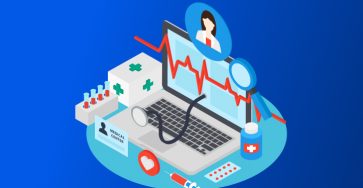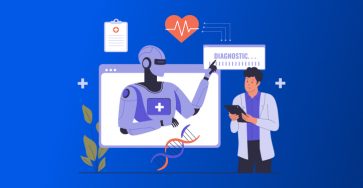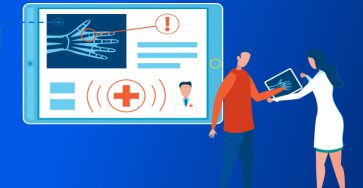The Push to Redefine Value in Healthcare What if hospitals were rewarded for keeping people healthy rather than for performing…

Integrated Healthcare Delivery Systems: The Next Stage of Coordination
Healthcare has never lacked data or expertise — it has struggled with connection. A patient might see three specialists, visit…

How Data Analytics Changing Healthcare Delivery Systems
Healthcare delivery is under growing pressure. Hospitals and clinics are caring for aging populations with complex needs while budgets and…

How AI-Powered Voice Transcription is Transforming Clinical Documentation for Faster ROI
In healthcare, time spent on documentation often translates to time taken away from patients. Physicians juggle between diagnosing, prescribing, and…

Types of Healthcare Delivery Systems
Healthcare delivery has always revolved around one challenge: how to bring the right care to the right person at the…

14 ICD Myths Healthcare Leaders Must Stop Believing in 2025
Why ICD Still Trips Leaders Up For something as established as the International Classification of Diseases, you would expect smooth…

AI and Machine Learning in Healthcare: An Executive Guide for 2025
Why AI/ML Matters Now in Healthcare The healthcare industry is standing at a crossroads. Rising operating costs, a shortage of…

Integrating Legacy Healthcare Systems with Automation Tools
Cybersecurity alerts. Data silos. Staff retyping information between systems. These are not edge cases; they are daily realities in U.S.…

RPA vs AI vs Agentic AI: What Healthcare Leaders Need to Know
Hospitals today run on a strange mix of the old and the new. A claims clerk still keys data into…

5 Common Challenges in Healthcare Claims Data Integration
Healthcare claims data is growing fast—billions of rows, dozens of formats, and constant schema shifts. At the same time, CMS…

What Is TEFCA and Why It Matters for U.S. Healthcare
For years, the promise of health data interoperability has felt just out of reach. Despite a growing network of EHR…

Why Healthcare Claims Data Integration Is Critical for Payers and Providers
Healthcare organizations are facing pressure on two fronts: regulatory deadlines and cybersecurity fallout. CMS now requires prior authorization decisions to…
